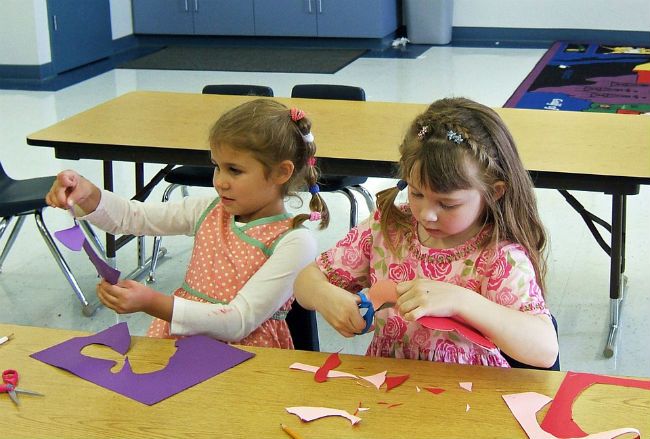A nationwide study on attention deficit hyperactivity disorder (ADHD) has uncovered a surprising link between the condition and a child's birth month.
ADHD is considered a neurodevelopmental disorder, with symptoms including difficulty paying attention, restlessness, and disorganization that can cause trouble for school-age children.
And while the condition is normally diagnosed at a young age, these symptoms can linger into adulthood.
In 2016, the Centers for Disease Control and Prevention (CDC) reported that 9.4% of U.S. children between ages two and 17 had been diagnosed with ADHD.

But the new link researchers have found connects a child's chance of being diagnosed with ADHD to their birth date.
After comparing more than 407,000 American children born between 2007 and 2009 using insurance claims data, researchers from Harvard Medical School learned that being born in August made a child more likely to be diagnosed with ADHD, but only in certain states.
In states where children must turn five years old before September 1 to enroll in kindergarten, ones born in August - who could be almost a year younger than their classmates - were more likely to be diagnosed with ADHD.
The connection was so strong, researchers say children born in August were 34% more likely to be diagnosed with ADHD in these states than children born in September.

The same children were also 32% more likely to be given some kind of treatment for their ADHD diagnosis. Behavioral therapy, stimulants including methylphenidate (Ritalin), and other medicines like clonidine are all commonly prescribed for children with ADHD.
The study, published in the New England Journal of Medicine this week, said that the connection was not found in other pairs of months, or in states where the birthday deadline was set later.
The Education Commission of the States says that 21 states use September 1 as their deadline, while the other 29 have dates as late as January 1 for their cutoff.
Researchers say the link they discovered could be evidence that normal childhood behaviors are being misdiagnosed as the more serious disorder.

It's concerning news, since the number of children being treated for ADHD more than doubled between 1995 and 2011, jumping from 1.5 million to 3.5 million.
"Basically, normal childhood behaviors are being diagnosed as ADHD, and they are being treated for them, even though they are just normal kids," said Timothy Layton, the study's lead author.
"They just happen to be younger than their peers, and so they behave a little differently."
Experts hope the study's surprising findings will help doctors make more informed diagnoses, and prevent children from being treated for a condition they don't actually have.

